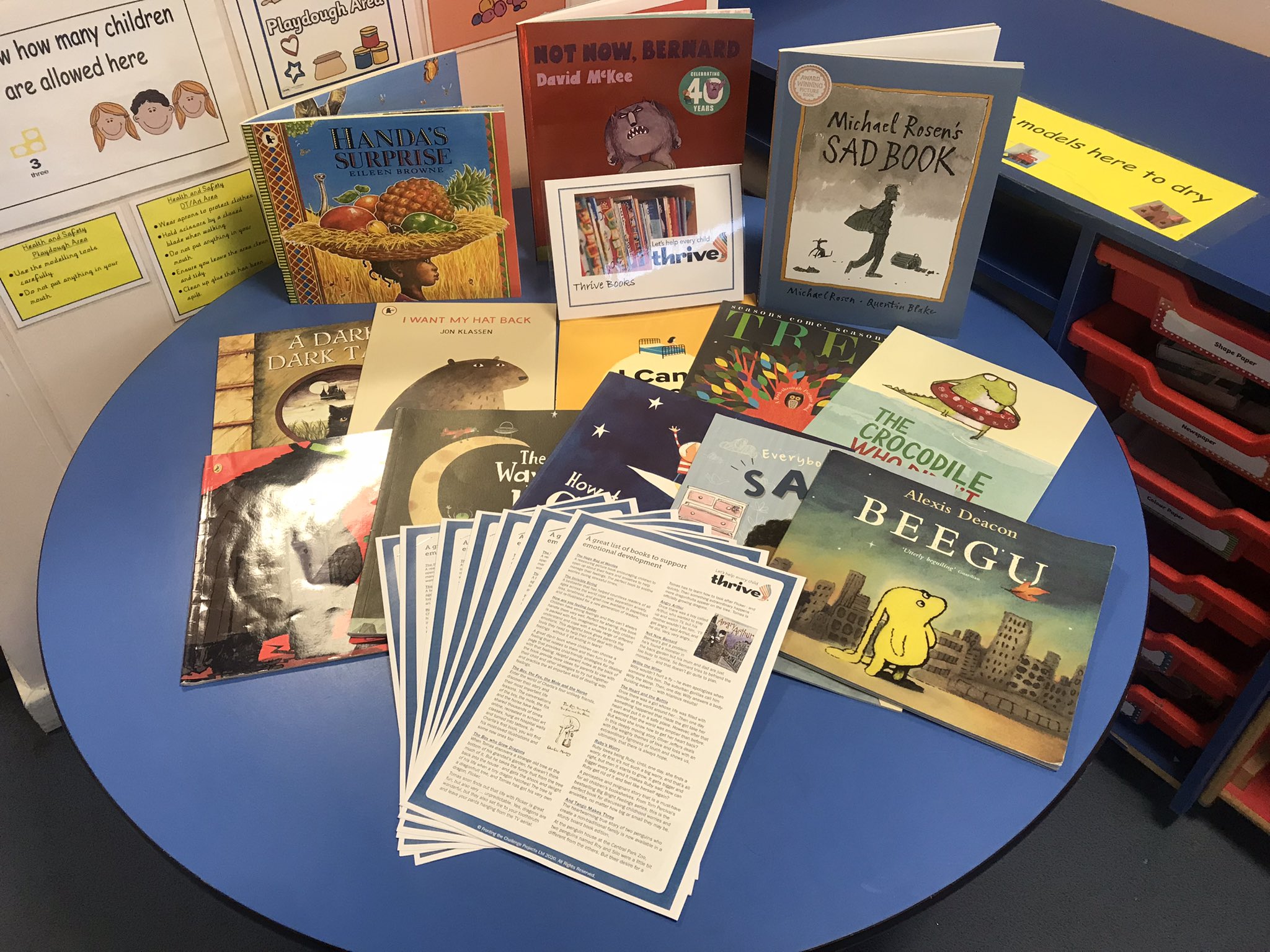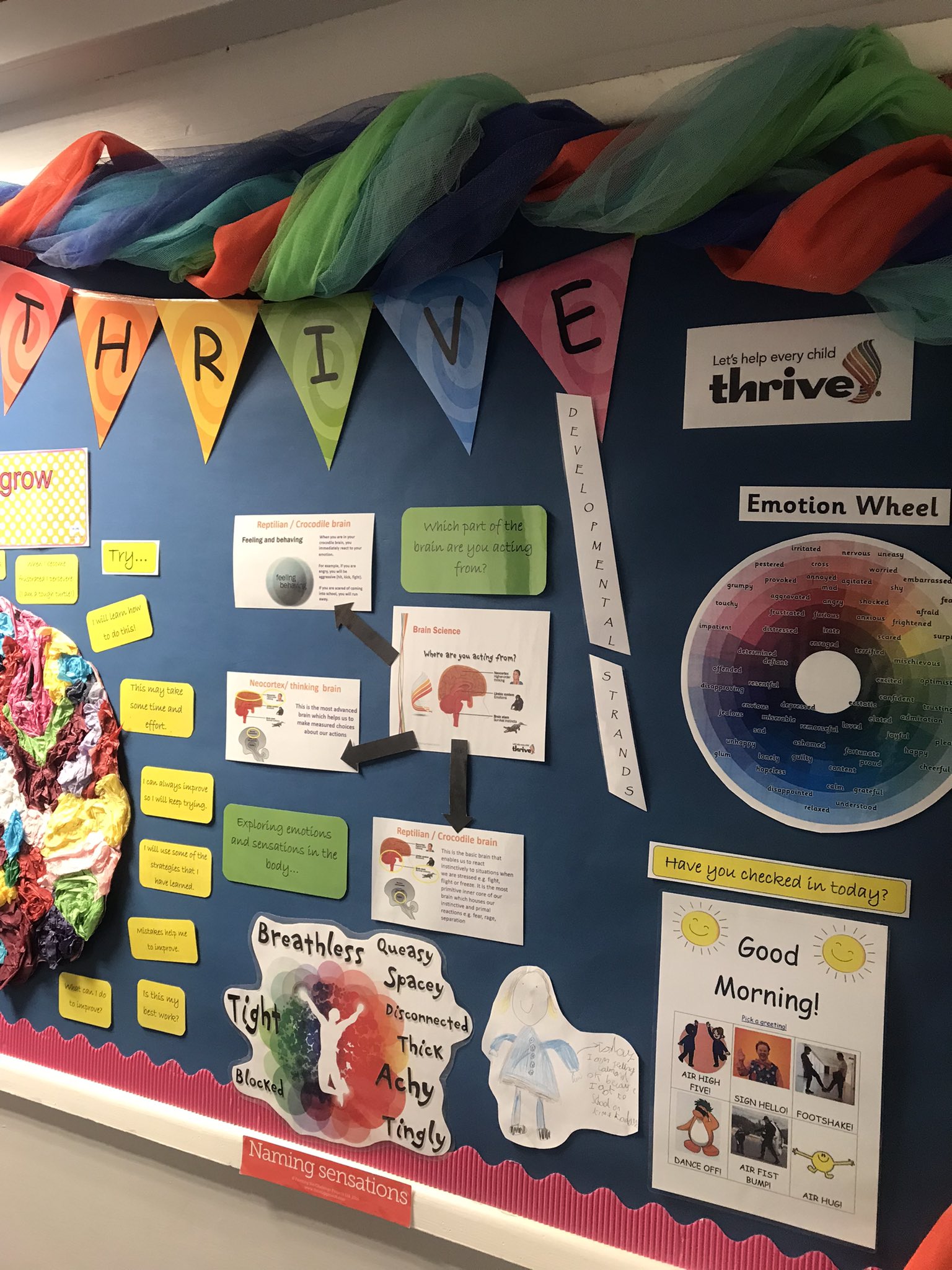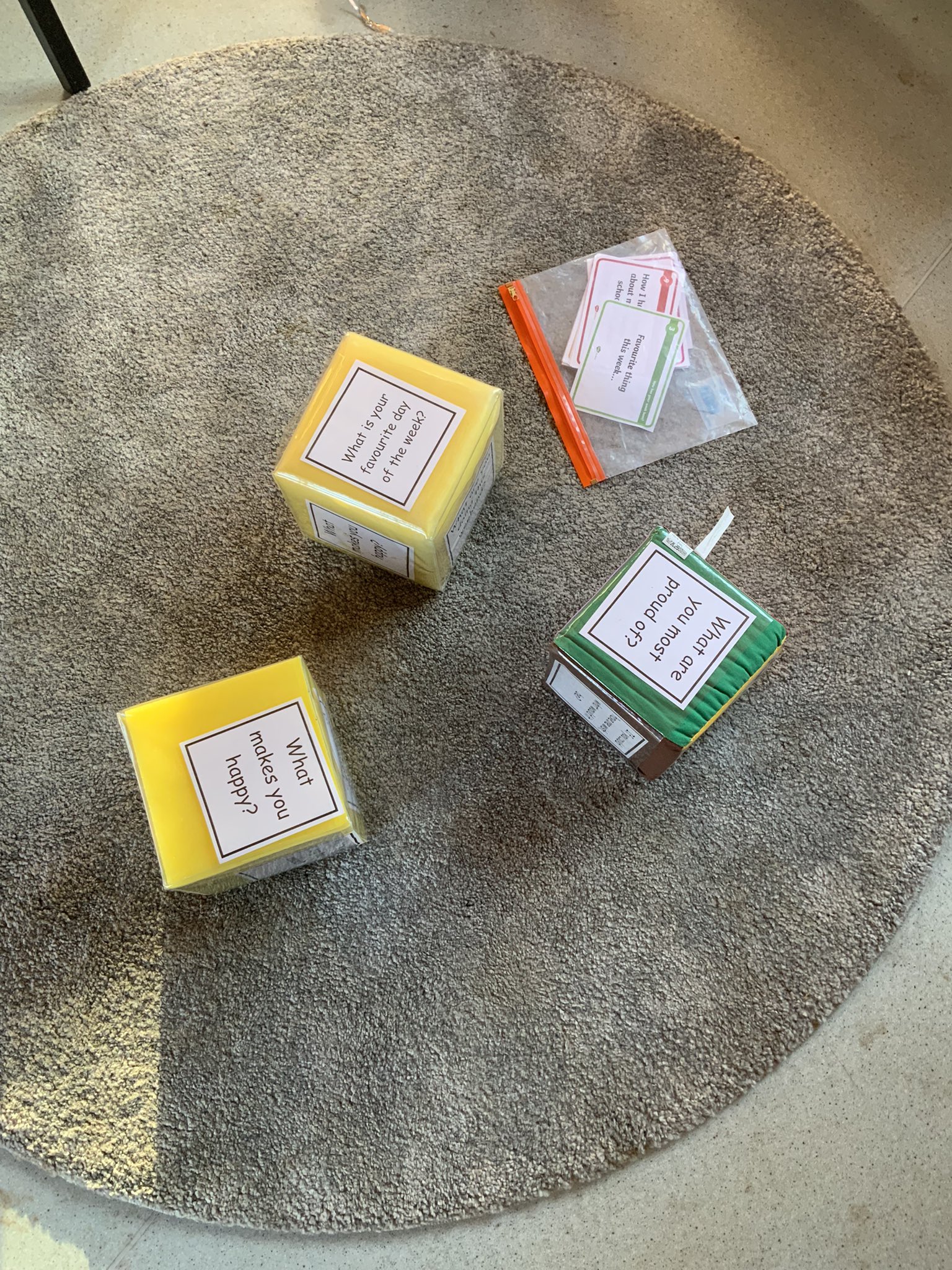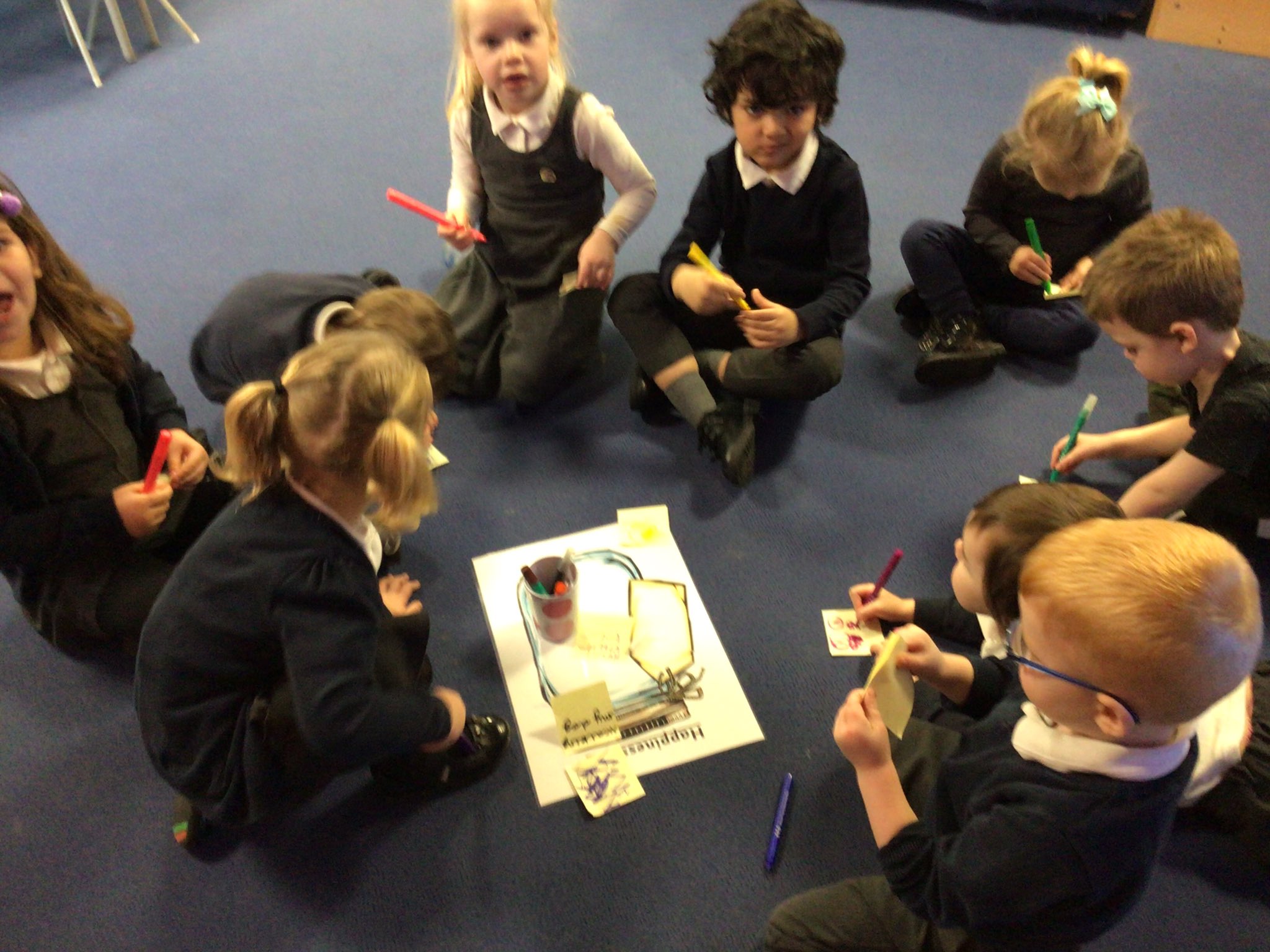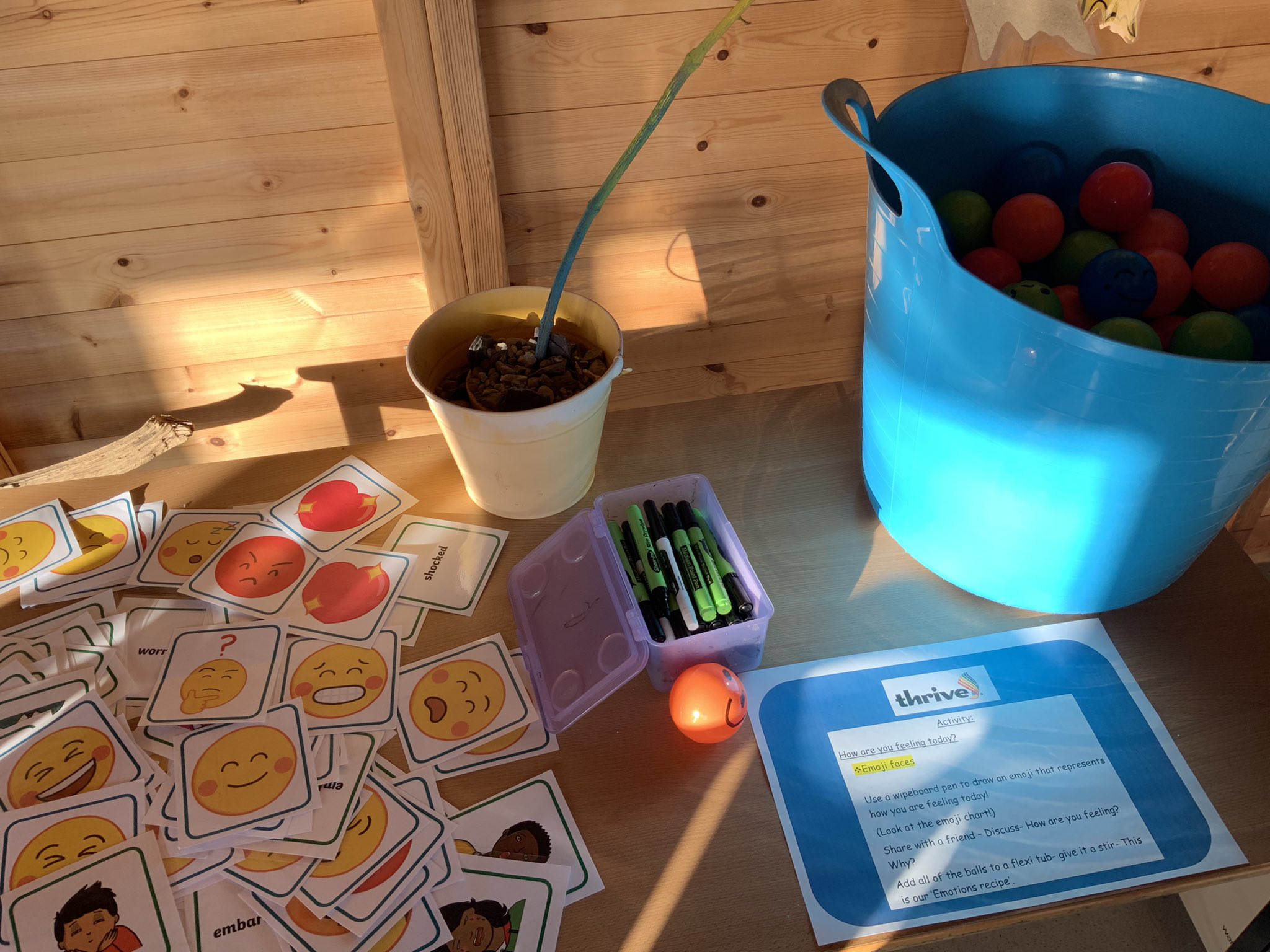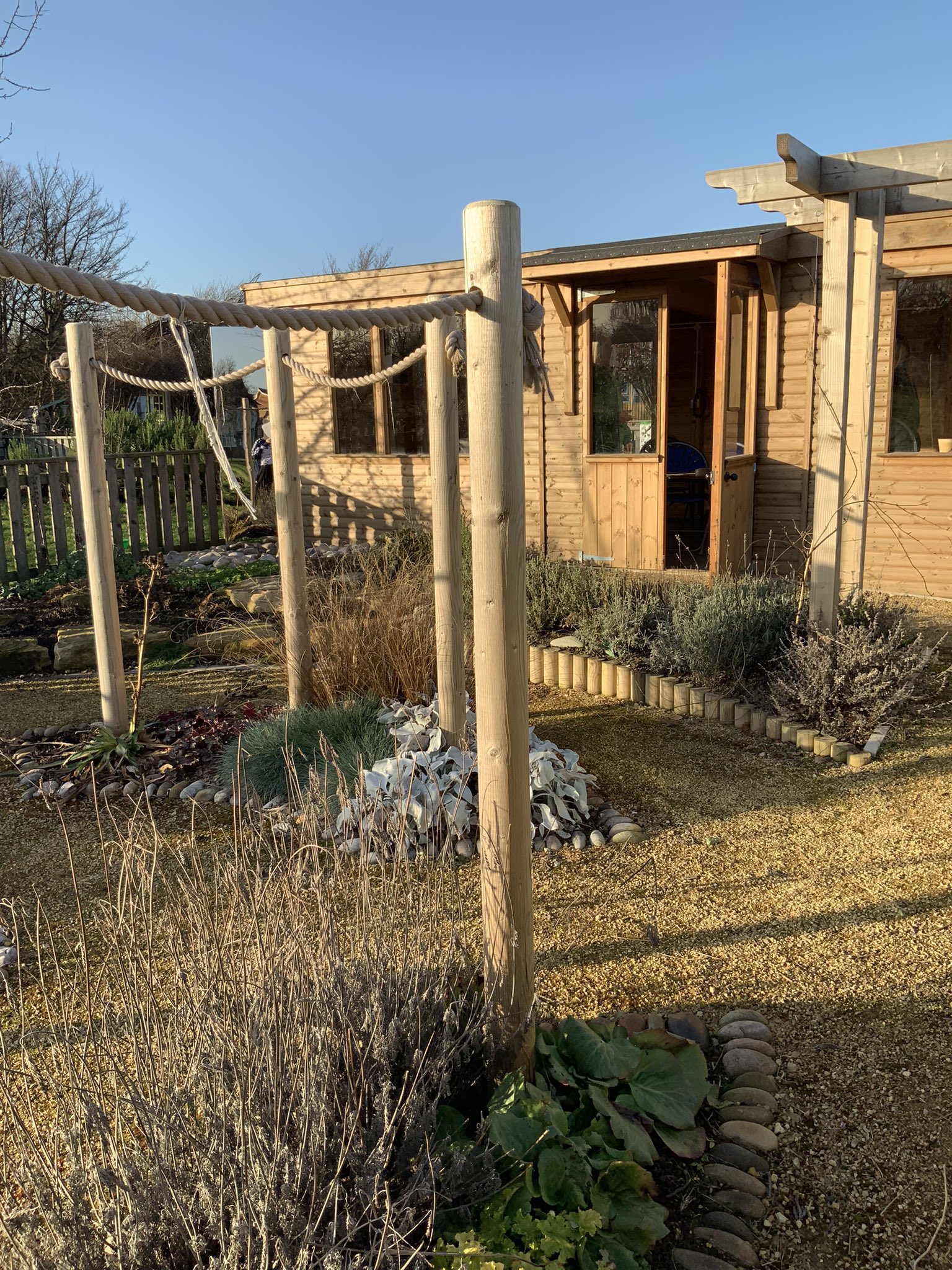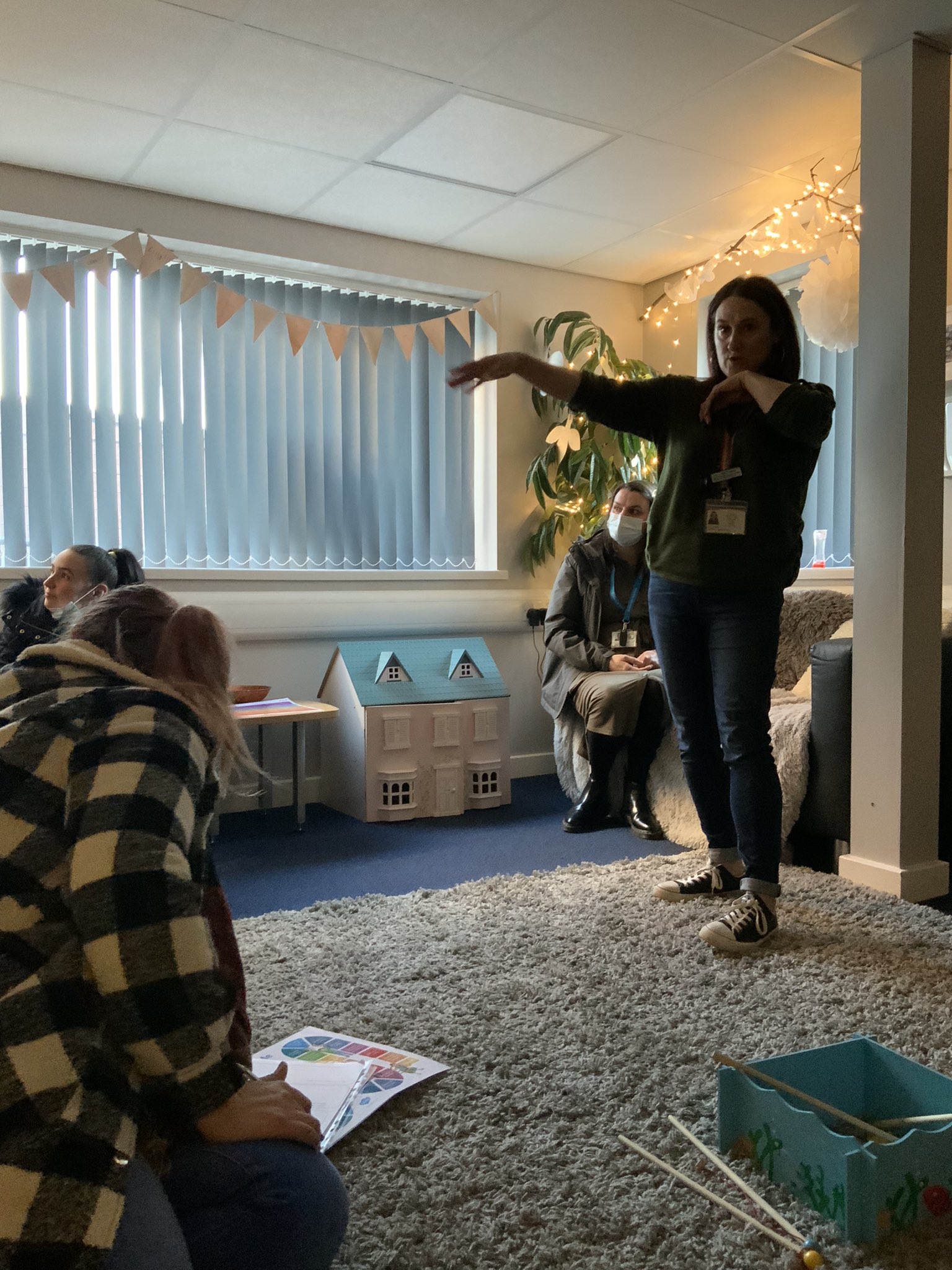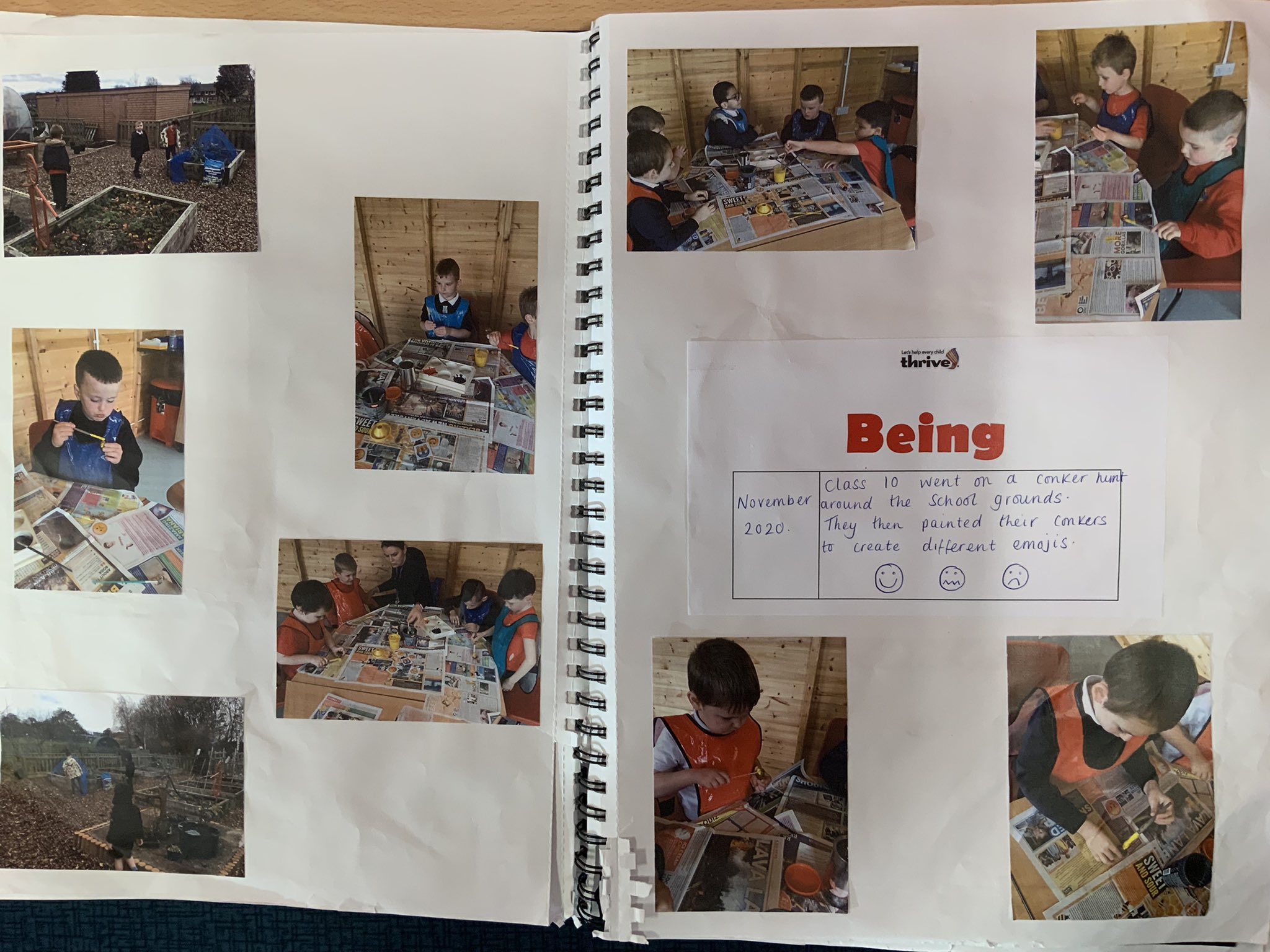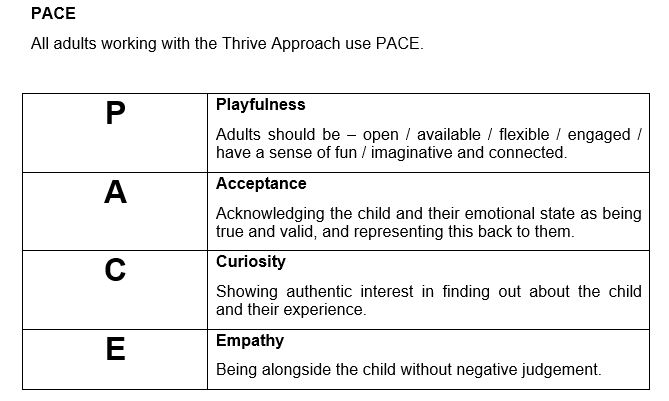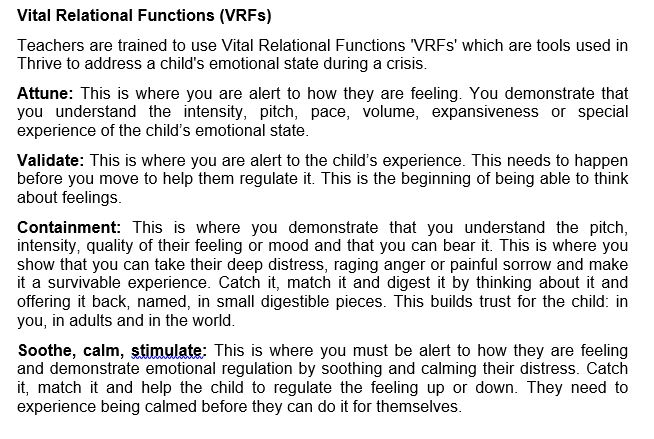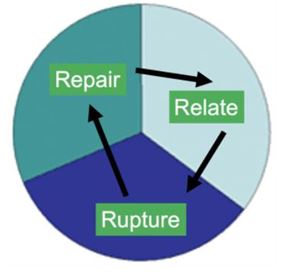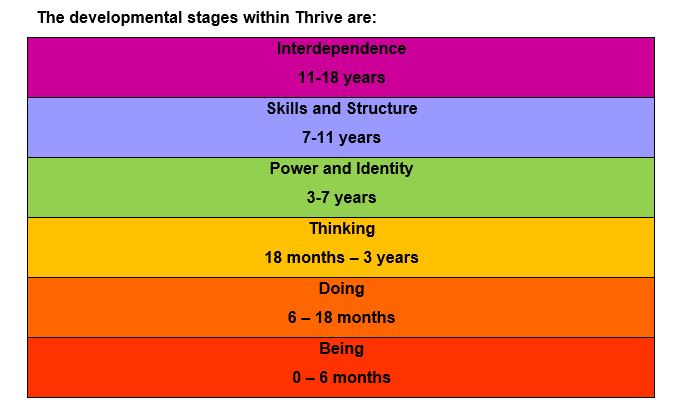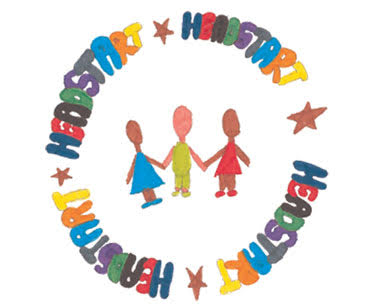
Personal, Social, Health and Citizenship Education and The Thrive Approach
“PSHE education is a planned programme of learning through which children and young people acquire the knowledge, understanding and skills they need to manage their lives. As part of a whole school approach, PSHE develops the qualities and attributes pupils need to thrive as individuals, family members and members of society.” The PSHE Association
In September 2014, the DfE published a new National Curriculum. Whilst PSHE education remains a non-statutory subject, section 2.5 of the National Curriculum framework document states that:
‘All schools should make provision for personal, social, health and economic education (PSHE), drawing on good practice.’
PSHE (like SMSC) is embedded throughout daily life at Easterside Academy. We model positive relationships, self image and communication skills with others in all our day-to-day interactions, as well as teaching skills explicitly in Circle Time and in P.S.H.E. lessons.
As part of our PSHE curriculum at Easterside Academy we use the Thrive Approach.
The Thrive Approach has been developed over many years helping children to flourish. It supports their emotional and social development and helps them feel happy and secure, able to enjoy friendships, relate well to others and be ready and able to learn.
Thrive is a special way of working with all children that helps to develop their social and emotional wellbeing, enabling them to engage with life and learning. It supports them in becoming more self-assured, capable and adaptable. It can also address any troubling behaviours providing a firm foundation for academic attainment.
Positive relationships are at the heart of Thrive. We use these relationships, together with play and creative activities, to give children key experiences at each different stage of their development. Repetition of these activities supports their development, helping them to:
- feel good about themselves and know that they matter
- increase their sense of security and trust
- increase their emotional well-being
- improve their capacity to be creative and curious
- increase their self-esteem and confidence to learn
- learn to recognise and regulate their feelings
- learn to think before behaving in a certain way
…and much more.
All staff also use the VRF's as part of the Thrive Approach.
We also follow the Relate, Rupture and Repair Cycle.
Appropriate for all children from birth to adulthood, The Thrive Approach draws on the latest research into brain science, child development theory and attachment theory. It helps us to understand how babies’ and children’s brains develop, and how parents, teachers and other professionals can best support this development by providing the best experiences for the children at each stage.
Thrive also helps us to better understand the children’s needs being signaled by their behaviour. Sometimes children may struggle as a result of temporary setbacks or other, longer term changes in their lives such as a separation, a bereavement, a family illness or accident, or even the arrival of a new baby. They may signal their distress by becoming more withdrawn, or distant, or perhaps more challenging or disruptive, or even by trying too hard to please. If this happens we use Thrive to look beyond the behaviour to give these children the support they need to get back on track. Sometimes they only need a little extra support in class and sometimes they may need additional one-to-one time to help them along.
We use a screening tool and activity planning resource called Thrive-Online. This allows us to check that children are working appropriately for their age and to develop the whole group with activities that ensure that they are as emotionally and socially supported as they can be.
Using Thrive-Online will also identify any children in need of extra help. If the screening process suggests that your child would benefit from additional one-to-one support, your school will contact you and, with your consent and involvement, they will carry out a more detailed assessment to develop an action plan that gives specific strategies and activities for supporting your child within our school. The plan will also suggest specific activities that you can do at home, so that together with your school, you can help them through any difficulties they are experiencing.
We understand that some circumstances may be sensitive and confidentiality will be paramount at all times when you are discussing your child’s needs with us.
Further information about the Thrive Approach can be found here: https://www.thriveapproach.com/the-thrive-approach/
Thrive will help children to develop self-awareness, motivation, social skills and managing their feelings. These skills will help our children to become better learners, get on better with other people and be responsible citizens. They are part of every area of life.
Coverage of these areas, and our PSHE curriculum, alongside our ‘Life Skills’ already embedded here at Easterside Academy, aim to ensure that we produce well-rounded, happy and healthy children – ready for the wider world!
Easterside Academy is also a HeadStart School.
HeadStart – giving all Middlesbrough’s children and young people the necessary support to build resilience to achieve good emotional health.
The aim of the HeadStart school programme is to make sure that children and young people are happy and enjoy their time at school. There are many things that impact on the emotional well-being of children; falling out with friends, the pressures of social media, keeping up with studies. We want all our pupils to have good emotional health, to have the skills and confidence to cope, solve problems, achieve well and be happy.
HeadStart is a whole school approach where everyone feels safe and comfortable to be themselves, learn and develop in a positive environment and access support when needed.
HeadStart services within school are:
Staff development – our staff have access to training that enables them to be able to better respond to the emotional needs of pupils.
Headstart Reach partnership – delivering support to pupils who may be struggling at an early stage to stop issues from escalating.
Transition – support offered for young people to make the move from primary to secondary as easy as possible.
HeadStarters – a training pathway for young people to develop school based projects and support the delivery of HeadStart.
Our school is committed to the HeadStart principles to allow every young person to have the best possible experience and outcomes throughout their school journey.
